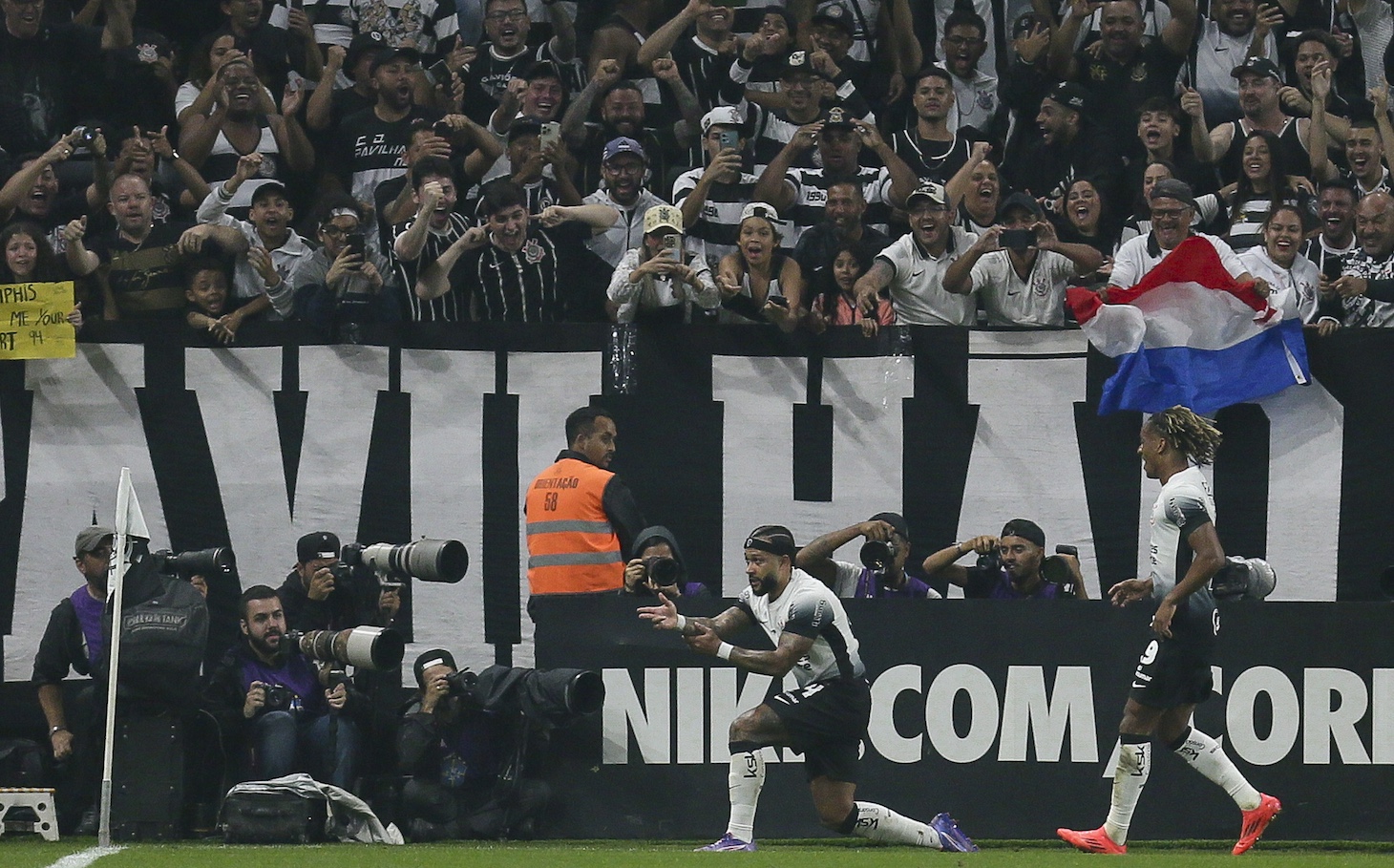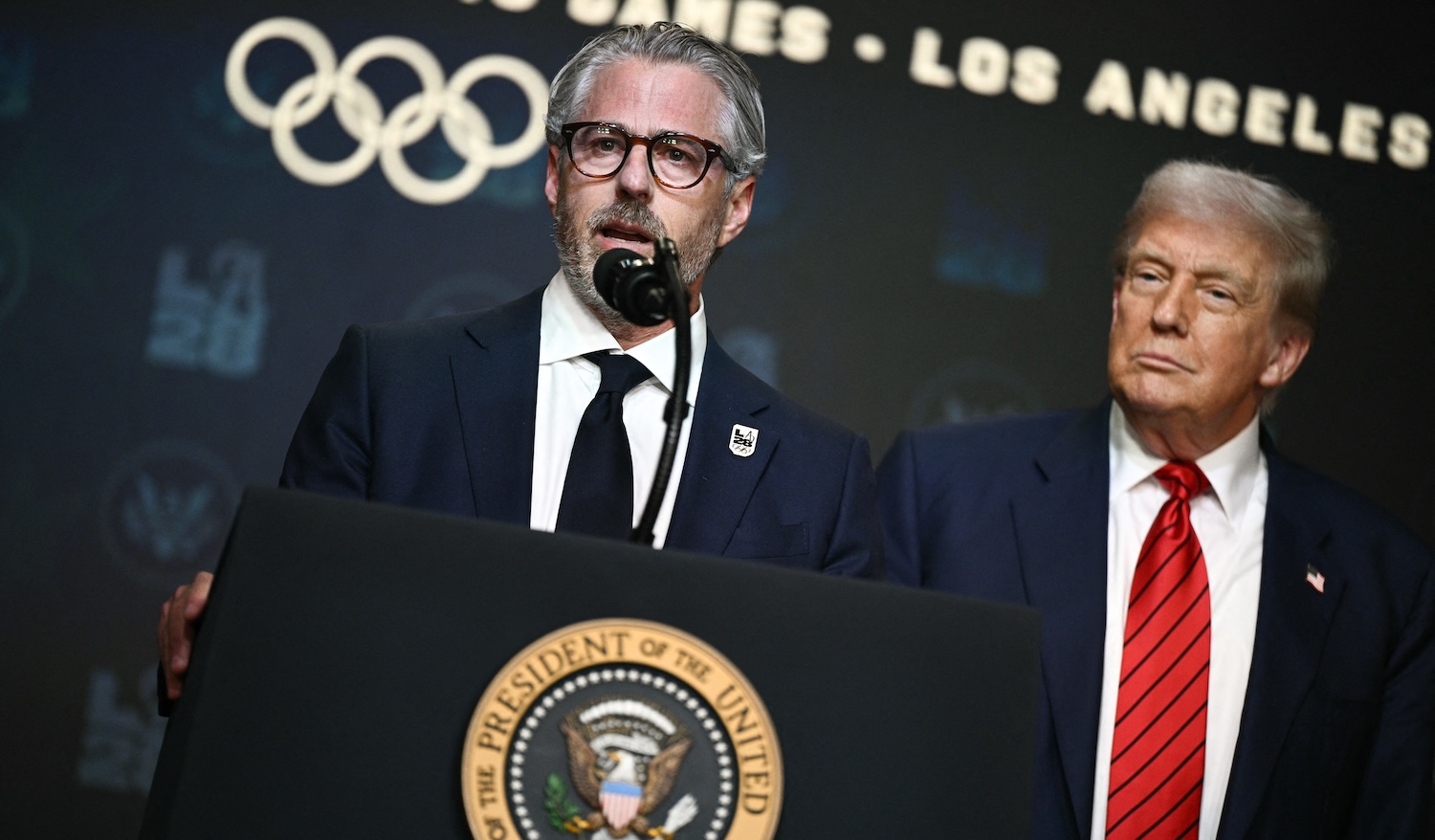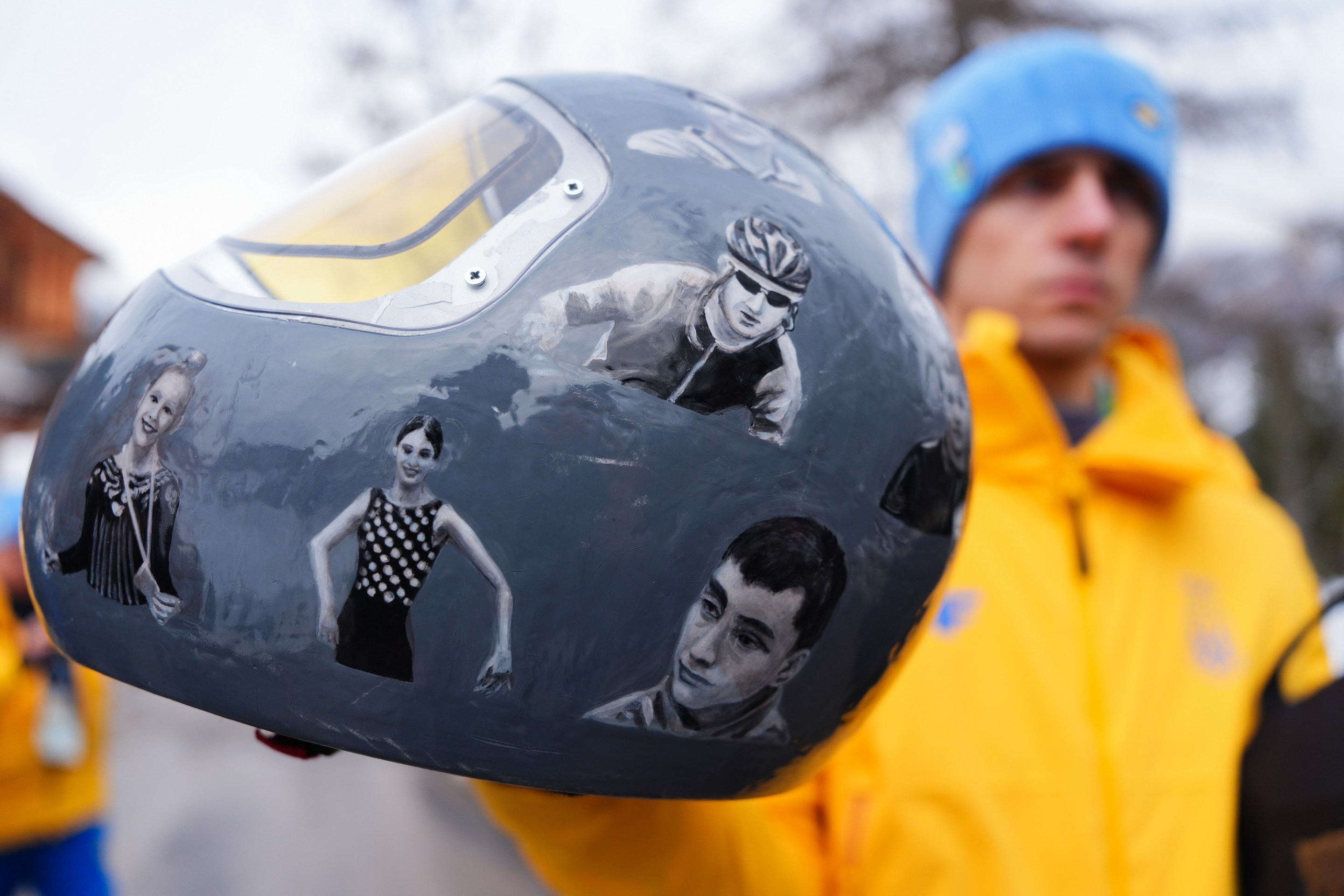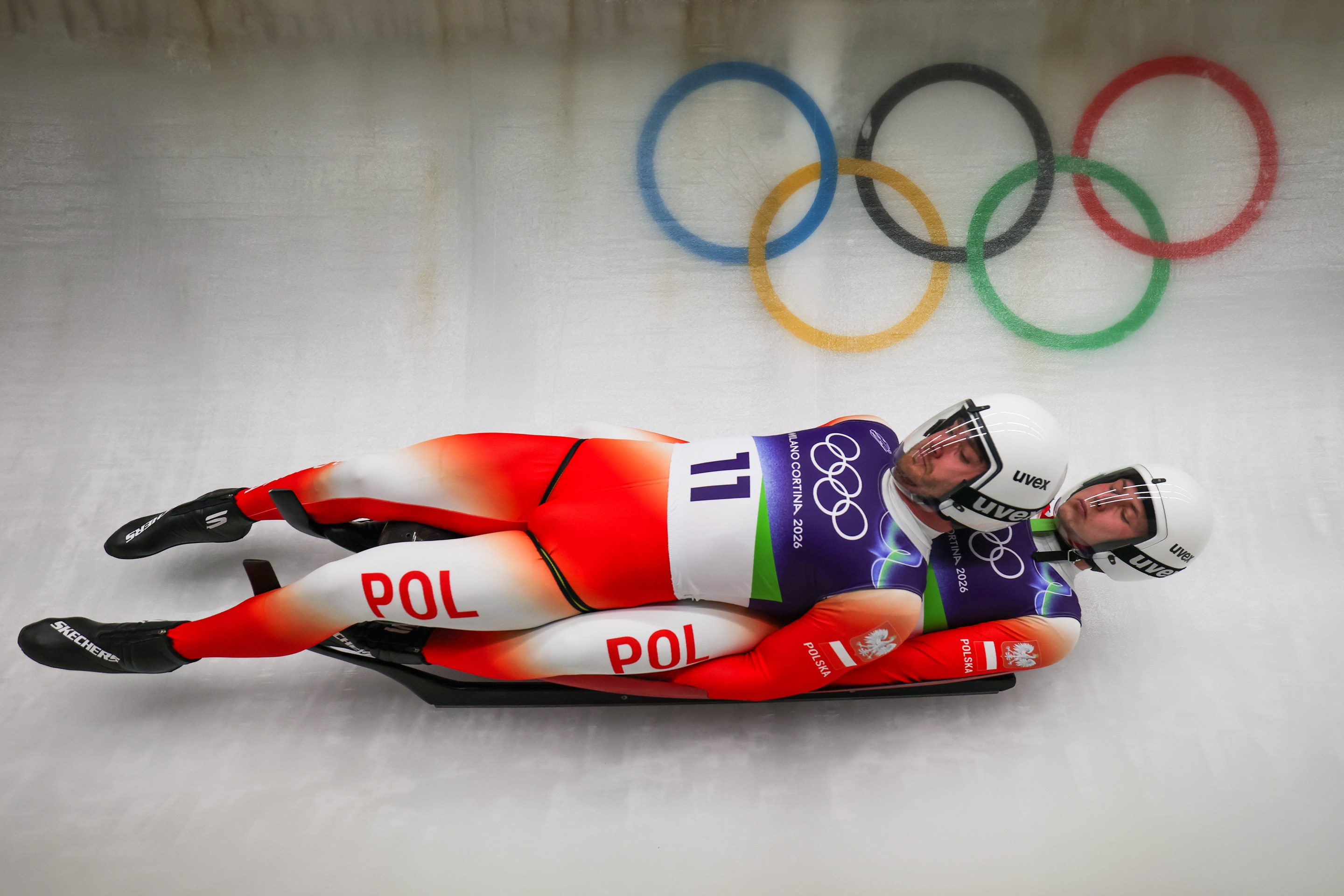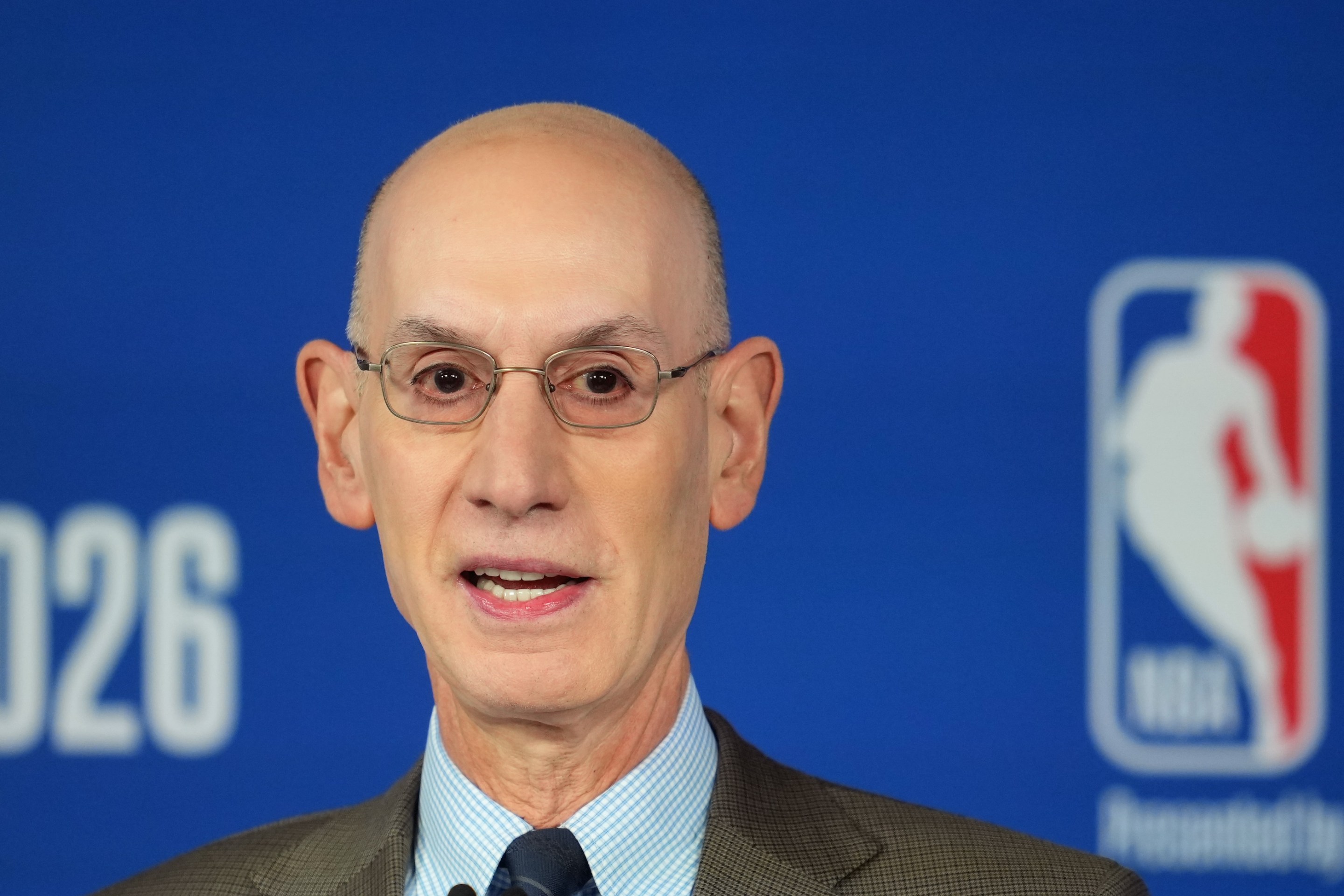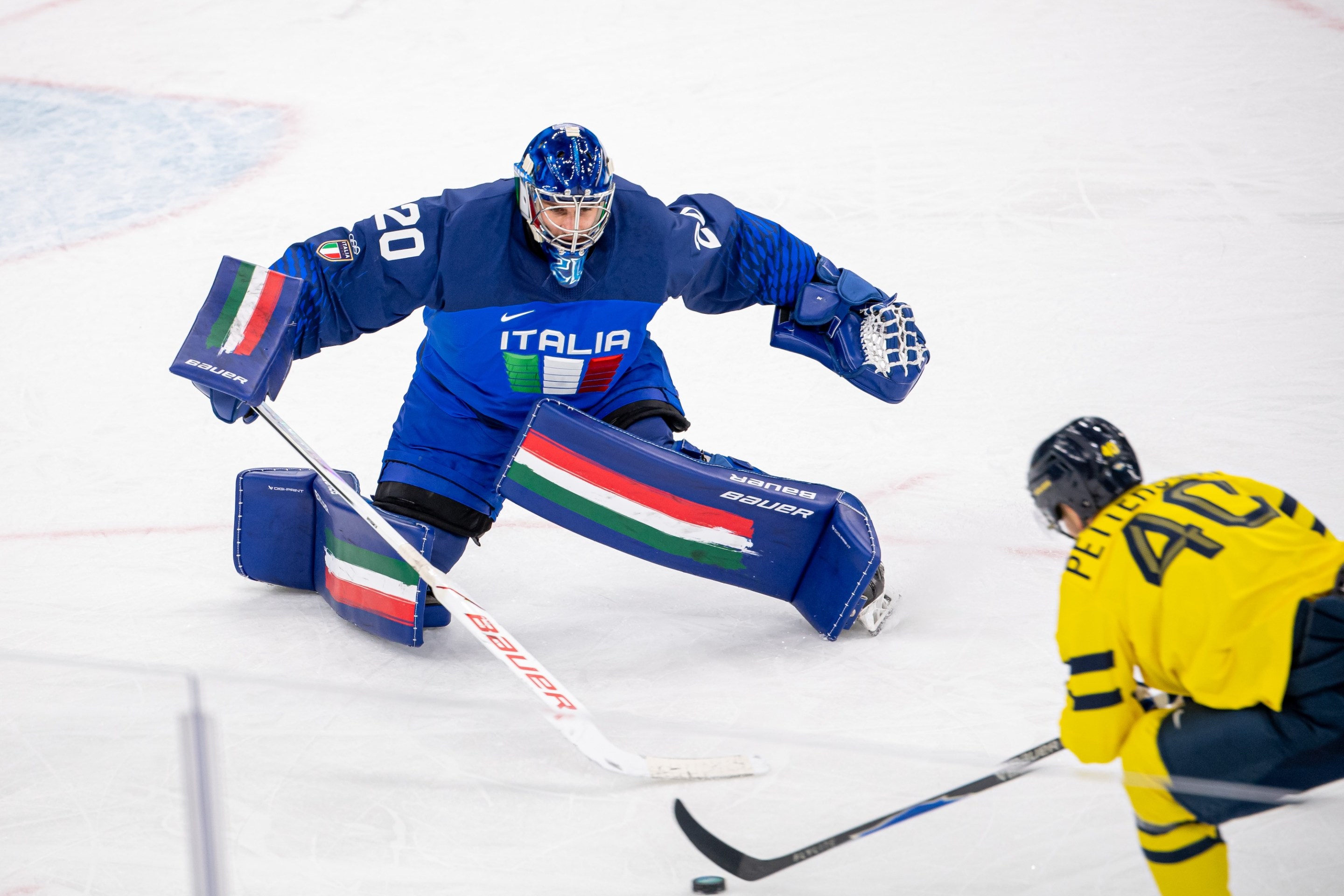One of the most surprising signings of the summer transfer window was also one of the quietest. Coming off of three unremarkable but respectable seasons in Spain, and at a crossroad of sorts in a career nearing but not yet in its final leg, Memphis Depay went left. Rather than join any of the usual suspects in one of Europe's major leagues, the Dutch forward opted instead to go to Brazil to play for Corinthians.
It is true that it wasn't exactly clear what the next logical step for Memphis's career would be. If redemption in the eyes of the greater soccer world was what he'd been after at Barcelona and Atlético Madrid, a chance to return to the elite and avenge himself for the lasting damage his Manchester United flameout did to his reputation, he didn't get it. So where to next? His fame, pedigree, age, status with the national team, and ambitions made for a peculiar mix, narrowing his potential options.
After unimpressive stints with Barça and Atlético, none of Europe's giants were going to come knocking. In the continent's upper middle class, the most natural home for Memphis's talent, most of those clubs were probably reluctant to give an injury-prone 30-year-old the kind of money he'd ask for. In England, where all the money is, Memphis would only really make sense for mid-table teams, which surely wouldn't excite a player accustomed to title races and Champions League nights. A return to PSV might look intriguing on paper, but signing him would be an expensive luxury for a team already flying without his services. He could've considered the competitive part of his career all but finished and made a well-remunerated move to Saudi Arabia or the United States, but doing so would likely have ended his prospects with the national team, where he remains a fixture. And even aside from his own interests, it would've been a shame to see him disappear from the competitions, stadiums, and fans that care most about the game, the kinds of environments that best appreciate and inspire the best talents.
Well, how about Brazil then? The Brazilian Série A has long been the strongest league in the Western Hemisphere, and it is currently in the midst of a renaissance. In part due to a new law that relaxed ownership requirements, opening domestic clubs to outside investment, Brazil's top league has seen a major influx of talent over the past few years. Most of the high-profile additions have been older Brazilians who'd made their names in Europe, the kind who in earlier times would've whiled away their dotages with lucrative stints in the U.S. or the Middle East, but have instead made their way back home to play in front of their adoring compatriots. Marcelo, David Luiz, Hulk, Philippe Coutinho, Thiago Silva, Fernandinho, Lucas Moura, Diego Costa—these are just some of the big-name Brazilians presently playing in Série A. Rumor has it that Neymar could soon join them. Sizable salary bills, footed by new club owners and big sponsors, is of course the main thing drawing the country's fading but still brilliant stars back home, but it's evident that these guys are playing for much more than just a paycheck.
I'm thinking of Hulk ending Atlético Mineiro's 50-year league title drought in 2021, winning not only a trophy but also the hearts of his fellow Brazilians. Like many South Americans whose soccer dreams led them abroad before they were able to make a mark at home, Hulk has repeatedly mentioned during his career how difficult it was for him to cope with the Brazilian fanbase's coldness toward him in the national team context. After making himself a true Atlético legend over the past couple years, he doesn't have to worry about that anymore.
I'm also thinking of Marcelo on the sidelines of last year's Copa Libertadores final after getting subbed out of the match, crying nervous tears that became tears of joy when Fluminense won. How did that triumph stack up with the five Champions Leagues and six league titles he won with Real Madrid? "It's my most important trophy, at club level," he said, "because it's the club that raised me." Even at their advanced ages, after glittering careers in Europe, playing in Brazil, for Brazilians, clearly still means the world to these players.
Brazilians aren't the only ones making the journey from the Old Continent. Several Europe-based non-Brazilians (Dimitri Payet, James Rodríguez, Martin Braithwaite, Yannick Bolasie) have joined Série A clubs in recent seasons. Admittedly, this isn't the most illustrious group of names (Payet is ancient, Rodríguez had basically burned all his bridges in Europe and didn't have many other options, Braithwaite and Bolasie are no one's idea of superstars), but it does reflect a trend. So, while certainly unexpected, you can see how the Memphis–Corinthians connection would come about.
If you know a little bit about domestic soccer in Brazil, you probably know about Corinthians, the second-biggest club in the country, behind only Flamengo in total number of fans. If you know a lot about domestic soccer in Brazil, you probably know that Corinthians has fallen off its traditional perch as one of the country's strongest teams. Since last winning the league in 2017, Timão has oscillated between pretty good and pretty bad, mostly as a reflection of its consistently shaky financial situation. After a chaotic start to this year—one that saw Corinthians inaugurate a new club president, sign a lucrative sponsorship deal with an online gambling company, lose that deal due to a police investigation into some shady dealings on the club's part, sign a new lucrative sponsorship deal with a different online gambling company, almost lose that deal due to a police investigation into suspected money laundering on the part of the gambling company's owner, and cycle through several managers as the team spent most of the first half of the season in the relegation zone—the club's new sponsor, Esportes da Sorte, finally made good on its promise to inject a bunch of cash into the team in the summer. Enter Memphis, reportedly the highest-paid player in Brazil, his salary mostly subsidized by the aforementioned sponsor—a potentially era-defining coup for Brazilian soccer.
Now, if you know anything about Memphis, you don't have to think too hard to come up with reasons why playing in Brazil might be attractive to him. We're talking about a well-known man-about-town who likes to party, likes to be seen on the scene, likes expensive cars and expensive clothes and extravagant hairstyles, likes to make competent, unoriginal, and therefore awful rap songs, and in general carries himself with the self-importance and hand-me-down swagger of a 3D-printed Drake—cringey, without question, but so earnestly and ineffectually so that it's somehow still charming. And if there's any place that lives to indulge rich Westerners' taste for extravagance and hedonism, it's Brazil.
The non-sporting stuff isn't the only thing that made this a good fit, though. As a player Memphis is a technical marvel, who thrives when freed to bring out his quick thinking, his inventiveness, his collaborative spirit, and his flair. While the homogenizing effects of globalization mean that the formerly vast differences between regional playing styles aren't as pronounced nowadays, Brazil is still home to more of the loose, improvisational, flashy way of playing than you tend to find in Europe. In addition, if Memphis was no longer coveted by Europe's elite but still wanted to play a starring role for a potentially elite team somewhere, and wanted to do so in challenging, prestigious competitions in front of fans who really care, Brazil was a perfect option.
That's how a 30-year-old Dutchman, still one of the stars of the national team, traded La Liga, Madrid, and Atlético for the Brasileirão, São Paulo, and Corinthians. Luckily for anyone with a soft spot for cool players, cool teams, left-field decisions, and Memphis in particular, the move has gone just about as well as anyone could've imagined.
Memphis's Brazilian adventure did get off to a bit of a wobbly start. When he first joined, Corinthians was, after all, still a struggling team trying to claw its way out of Série A's drop zone, with a brand new coach (respected Argentine manager Ramón Díaz, who took over in July), a couple big new signings (Memphis, and Peruvian midfielder André Carrillo, whom you may remember from his Watford loan a few years back), and a lot of work to do. The Memphis experience was almost thwarted before it even started in earnest, thanks to the aforementioned money laundering case involving Esportes da Sorte's owner. Because of the investigation, the company temporarily lost its license to operate in Brazil, which meant it could no longer honor its sponsorship with Corinthians, which risked voiding Memphis's contract. However, the relevant authorities eventually cleared the company to resume operations, putting everything back on track. Since the final all-clear, things have only looked up.
By all indications, Memphis has seamlessly embedded himself into Brazilian culture both on and off the field. Here's Memphis showing up to a match in a locally appropriate pair of dramatic Oakley shades. Here's Memphis dressed impeccably while making a stop at an event at a samba school, waggling his hips while a ring of costumed dancers caper around him, the Dutchman looking more than ready for his first Carnival. Here's Memphis popping up at a favela block party, smiling and eating some barbecue, smiling and getting his hair braided on somebody's stoop, smiling and buying out the bar after 12 hours of revelry. Here's Memphis again in some favela, this time bopping and mean-mugging to the cameras while shooting a video for a track he laid with Brazilian rapper MC Hariel. True cultural immersion and exchange make up a lot of the fun of even just following soccer, which for the actual players much be so much deeper and richer of an experience. Memphis seems determined to maximize the opportunity before him, and it's so damn cool to see.
But of course the soccer is that makes all of this possible, and it's on the field where Memphis will ultimately be judged. Thankfully, he is shining on that front as well. In the 14 matches Memphis has played for Timão, he's put up seven goals and four assists. Corinthians has only lost two of those 14 matches, once in the league and once in the semifinals of the Copa Sudamericana (South America's equivalent to the Europa League). In 18th place in the Série A table when Memphis came aboard, Corinthians finished the season in seventh, ending the campaign with a nine-game winning streak, earning a spot in the qualifying rounds of next year's Copa Libertadores.
The stats alone don't do justice to Memphis's impact on the team. It didn't take long for him to solidify himself as one of Corinthians's best players, forming an attacking triumvirate alongside striker Yuri Alberto and attacking midfielder Rodrigo Garro that has driven the team's success. His strike partnership with Yuri Alberto is especially lethal. Memphis's movement and associative generosity helped unlock the talented young Brazilian, who turned an awful start to the season into a career-best year. The team as a whole played some of the most entrancing soccer in Brazil once Díaz, the manager, could throw Memphis into the mix. Díaz's Corinthians has exhibited a deliciously fluid style, full of gorgeous little touches and short dribbles and one-twos, all the players free to rove the pitch and connect with each other in close proximity, mutually discovering and inventing paths toward goal instead of merely executing scripted training-ground routines.
What marks this traditionally (but not exclusively) South American style of play isn't the players' passports or the genres of music they like to dance to, but is rather a sensibility, a feeling, one often cultivated in childhood on patchy fields or on asphalt, where players recognize themselves in free-flowing play that sees creativity, technical excellence, and improvisational collaboration both as means to scoring and as ends in themselves. Memphis has always evinced this sensibility, always at his best when used as a roaming amplifier of surrounding talents, his own technical genius helping call forth similar feats from players who maybe aren't as instinctively flashy and expressive. Though it may have been a random accident of timing that brought him there, when you see Memphis running around in Brazil, you get the feeling that he's right where he belongs.
Memphis took a risk in taking his career somewhere no one in his position as a pre-arthritic European star has done at least in a couple generations. Though it's only been a few months, the risk already looks to have paid off. It's not just the favela photo ops and the music videos and the fluorescent sunglasses, nor is it just the goals and the highlight-reel backheels and the rapid ascent up the table. Where you can really see the value of the move is in the connection Memphis has clearly formed with the club, the country, and the culture, and the connection Corinthians's fans have formed with him.
Memphis has repeatedly said how unique the in-stadium atmosphere is in Brazil, and how the bond he's forged with the fans is like unlike any he's experienced in his career. "I have played in stadiums, bigger, 100 thousand people, nah, my friend, it's not the same [as it is here]," he told the head of the Corinthians fan group. He added, "I've never had a relationship like this with supporters. Because I'm a character, people like me or don't like me, it's not in the middle. Something happened when I come here, and I feel support." He echoed that sentiment after a recent match, saying "[In terms of] connections with the fans, this is probably the club I feel most connected and related to the people."
It's not hard to see what he's on about. Memphis had one of his best games of the season in Corinthians's last home match of the season on Dec. 3. An hour into the match, with Timão already up 2-0 through goals from Memphis and Yuri Alberto, the Dutchman stood over an attacking free kick from a decidedly awkward angle. As he waited for his teammates and opponents to arrange themselves inside the box, Memphis had a straight-on view of the stands, where tens of thousands of Corinthians fans sang and swayed in unison, moving like a single collective organism writhing with euphoria over the things Memphis and his teammates had done. Once the referee signaled, Memphis jogged up to the ball and struck it hard and pure, sending it speeding up and into the far upper corner of the net. The crowd went crazy, and it was all for him.
